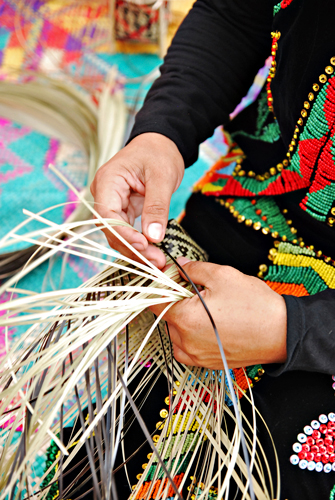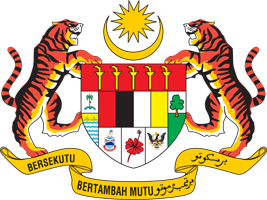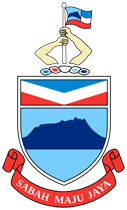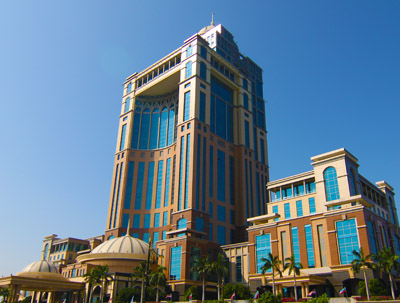Economy
The economy of Sabah has always been heavily dependent on the export of its primary and minimally processed commodities. Aside from the usual lumber milling, the agriculture, tourism and manufacturing sectors are growing vastly, and it is quickly becoming the main source of economy in Sabah. However, petroleum, palm oil and cacao still remained three of the most exported commodities from the state. Due to the land's rich natural resources, almost 1/7 of the land in areas around Sabah is suitable for agriculture development.

Agriculture
Sabah is the sole manufacturer of oil palm and cacao in Malaysia. Oil palm plantation covered over 700,000 hectares of the East Coast area of Sabah, it has also contributed about 25% of the country's raw oil palm export. Traditionally, Sabah was heavily dependent on lumber based export, but with increasing depletion at an alarming rate of the natural forests, ecological efforts to save the remaining natural rainforests areas were made in early 1982.

Tourism
Eco-tourism is a major contributor to Sabah's economy. Whether it is the white sandy beaches, lush green forests, exotic wildlife, fun adventure, succulent cuisine, or rich cultural experience, there is always something for everyone. Sabah is also the host to one of world's top dive site, Sipadan Island; and World Heritage Site, Kinabalu National Park, due to their rich ecosystem of marine life and wildlife habitats.

Manufacturing
There are hundreds of SMI and SME in Sabah, some companies have become a household name such as Gardenia, Ken Chong, Cap Kuda, and many more. With the Sabah government pursuing industrialization with the Sabah Development Corridor plan; concentrating specifically in the Sepanggar area where KKIP Industrial Park and Sepanggar Container Port Terminal is located, there will soon be more manufacturing companies that will start up there in the near future.





